 |
|
||||||
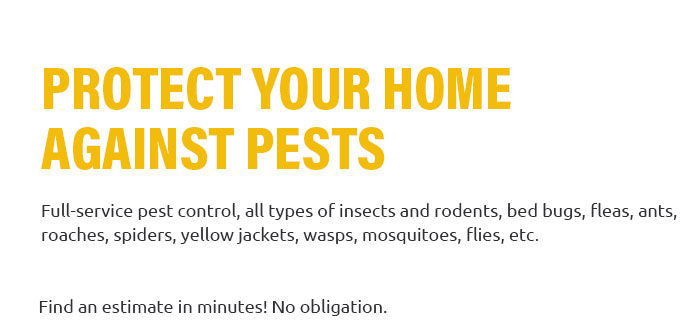 |
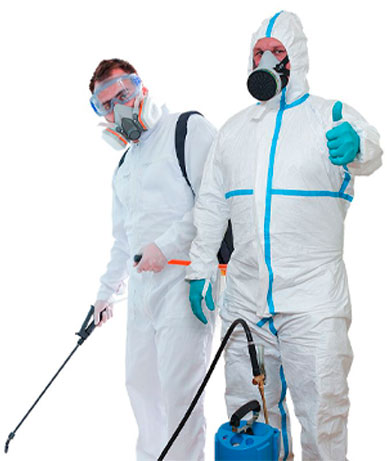 |
 |
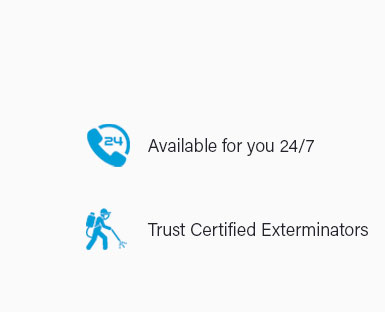 |
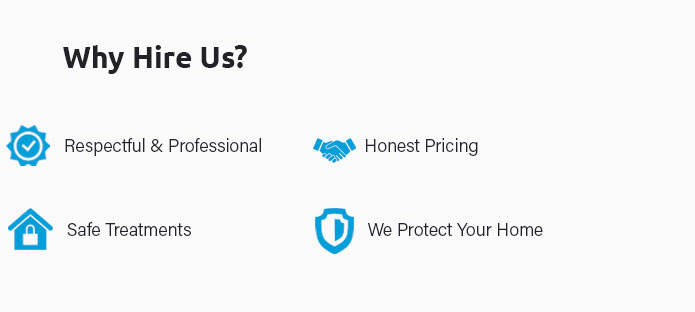 |
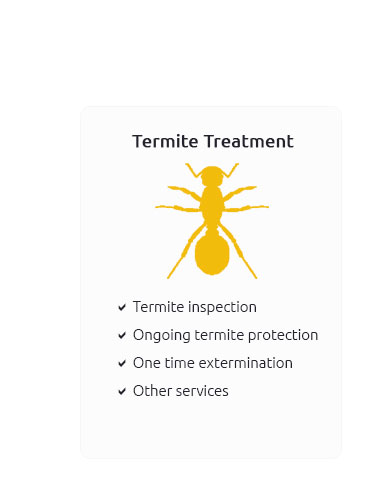 |
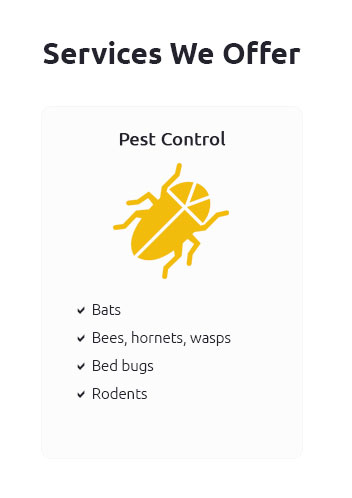 |
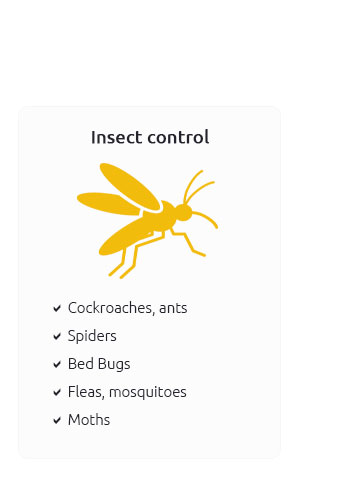 |
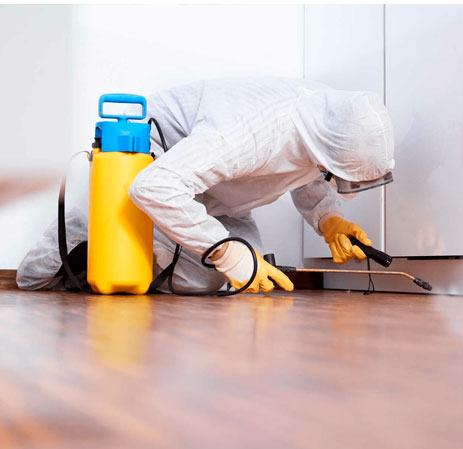 |
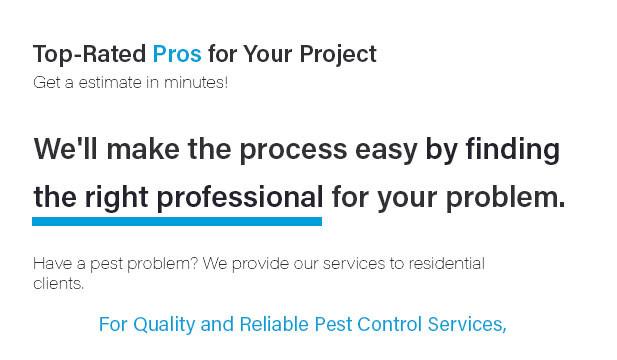 |
 |
 |
 |
|
73tvyacisod Unleash the ultimate peace of mind with our revolutionary pest control service-where leading pest control companies converge to eradicate your pest problems with unmatched precision and speed, transforming your home into a fortress against unwanted invaders; no more sleepless nights or embarrassing infestations, just reliable protection delivered by experts who understand your need for a pest-free sanctuary, and who are committed to making it happen swiftly and effectively with eco-friendly solutions that respect your environment-because when it comes to safeguarding your home, you deserve the best in the business, plain and simple.
https://www.angi.com/companylist/atlanta/pest-control.htm
The cost of pest control is $175 for the average homeowner. However, you could spend as little as $100 or as much as $500 or more, depending on the infestation ... https://www.peachtreepestcontrol.com/
Peachtree Pest Control provides reliable Augusta pest control services, specializing in eliminating termites, mosquitoes, ... https://www.yelp.com/search?cflt=pest_control&find_loc=Atlanta%2C+GA
Kuma Pest Control - Zone Home Solutions - Breda Pest Management - Truly Nolen - Covenant Pest Services - Northwest Exterminating - Monitor Pest Control - Lookout Pest ...
|



